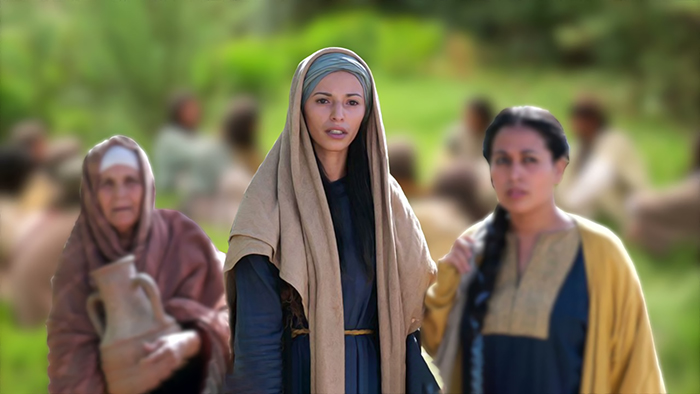
Dr. Mary Healy writes that Jesus’ teaching on the two possible destinations of human life after death—heaven or hell, the eternal joy of union with God or the eternal misery of separation from him—has been constantly reaffirmed throughout Church tradition. Yet it is often brushed over or treated with outright skepticism by Christians today. Many of those who teach or catechize seem reluctant to comment on this most crucial perspective within which to live our lives. Some may be struggling with the question of how a good God could send someone to hell. But the truth conveyed in Jesus’ teaching is that we choose our own destiny. With every decision and action over the course of a lifetime, we orient ourselves either to heaven or to hell, and at the moment of death, we embrace what has truly become our choice. C. S. Lewis expresses it well: “There are only two kinds of people in the end: those who say to God, ‘Thy will be done,’ and those to whom God says, in the end, ‘Thy will be done.’ All that are in Hell, choose it. Without that self-choice, there could be no Hell.” God never ceases to hold out his unfathomable mercy, even at the very moment when a person steps over the threshold into eternity. In today’s Gospel from Mark, Bishop Robert notes that John complains to Jesus that someone not of their group was driving out demons in Jesus’ name. Jesus responds, “Do not prevent him. Whoever is not against us is for us.” What a wonderful, generous attitude! John was undoubtedly angry that someone outside of their little circle was going to get credit. If you think that this sort of thing only happened in biblical times, you haven’t spent too much time around the Church! I’m a proud churchman, and I love and admire all of the great people who do so much for Christ’s kingdom, and for very little compensation. But I’ve also been around long enough to see this problem on parish staffs, in diocesan offices, within rectories, and among parish communities. We get so tied up in our little games and protecting our turf and making sure things go according to the bureaucratic structures that we have established that we forget what the mission is about. What Jesus saw was that the mission is what matters. Bringing God’s love to the world, being a conduit of grace: that’s what matters. All of our personal glory, position, privilege—all of that is finally a matter of indifference.









